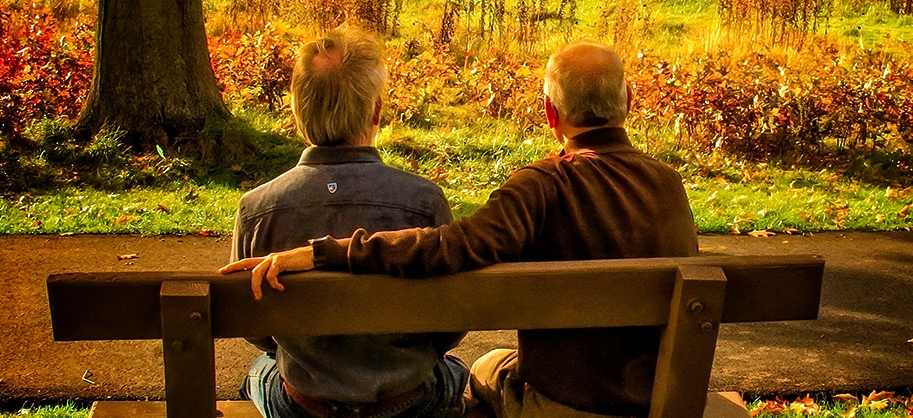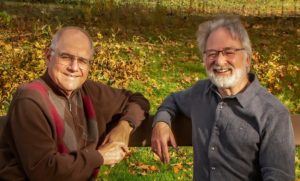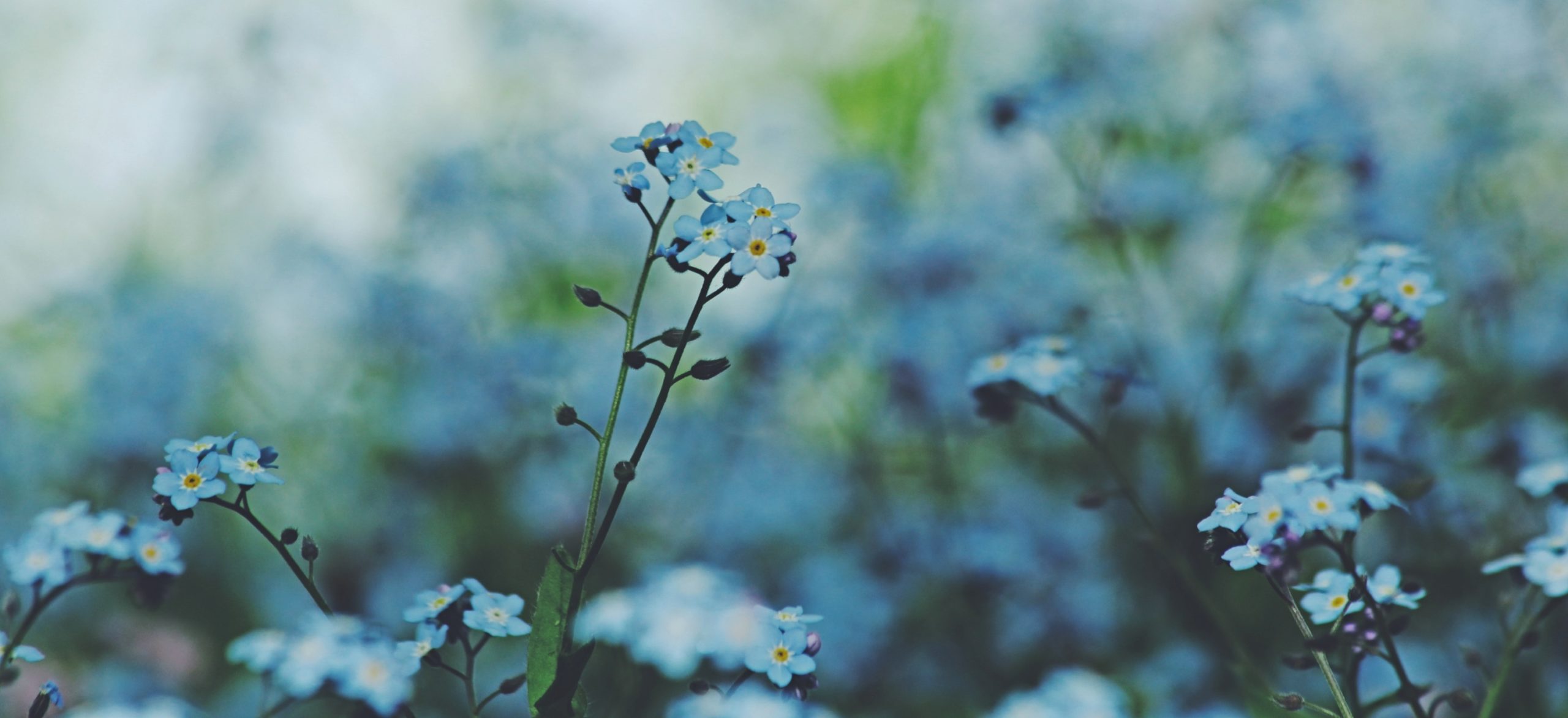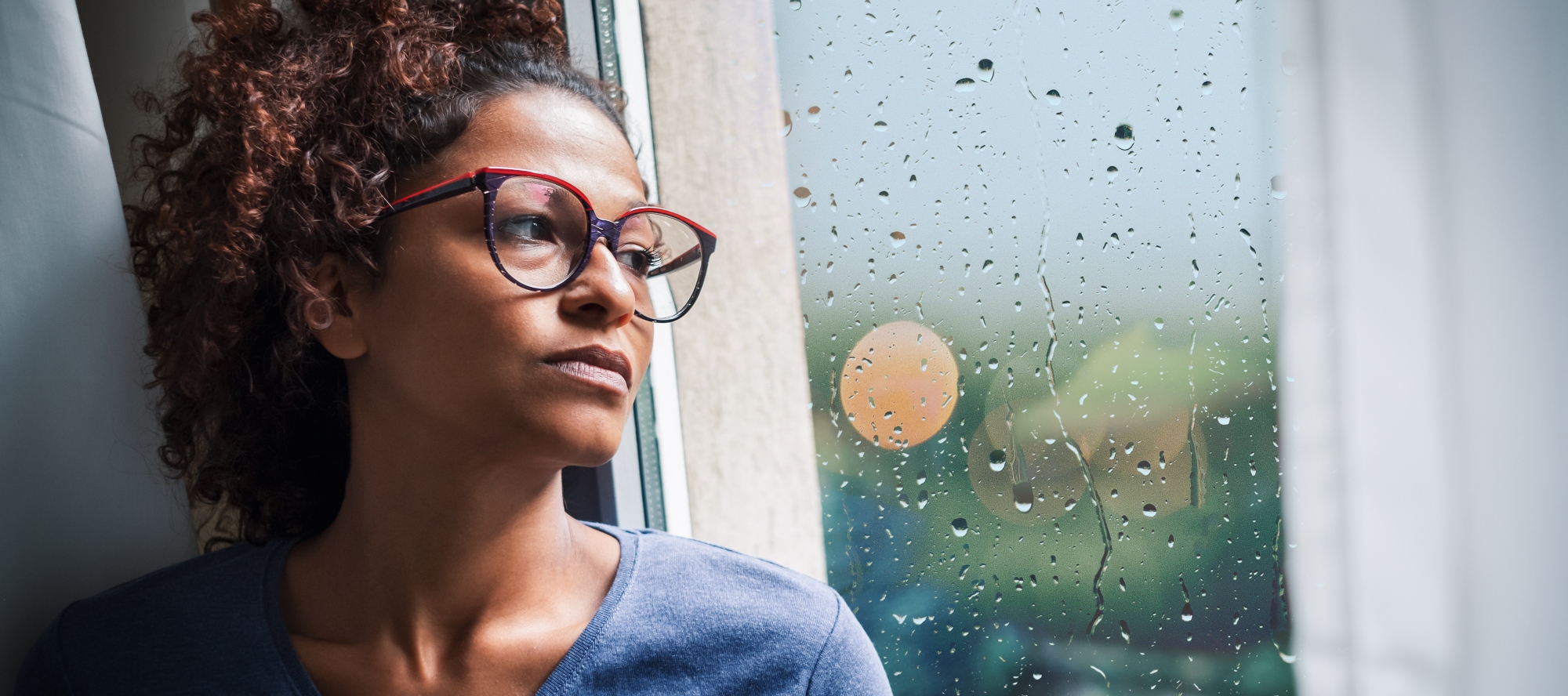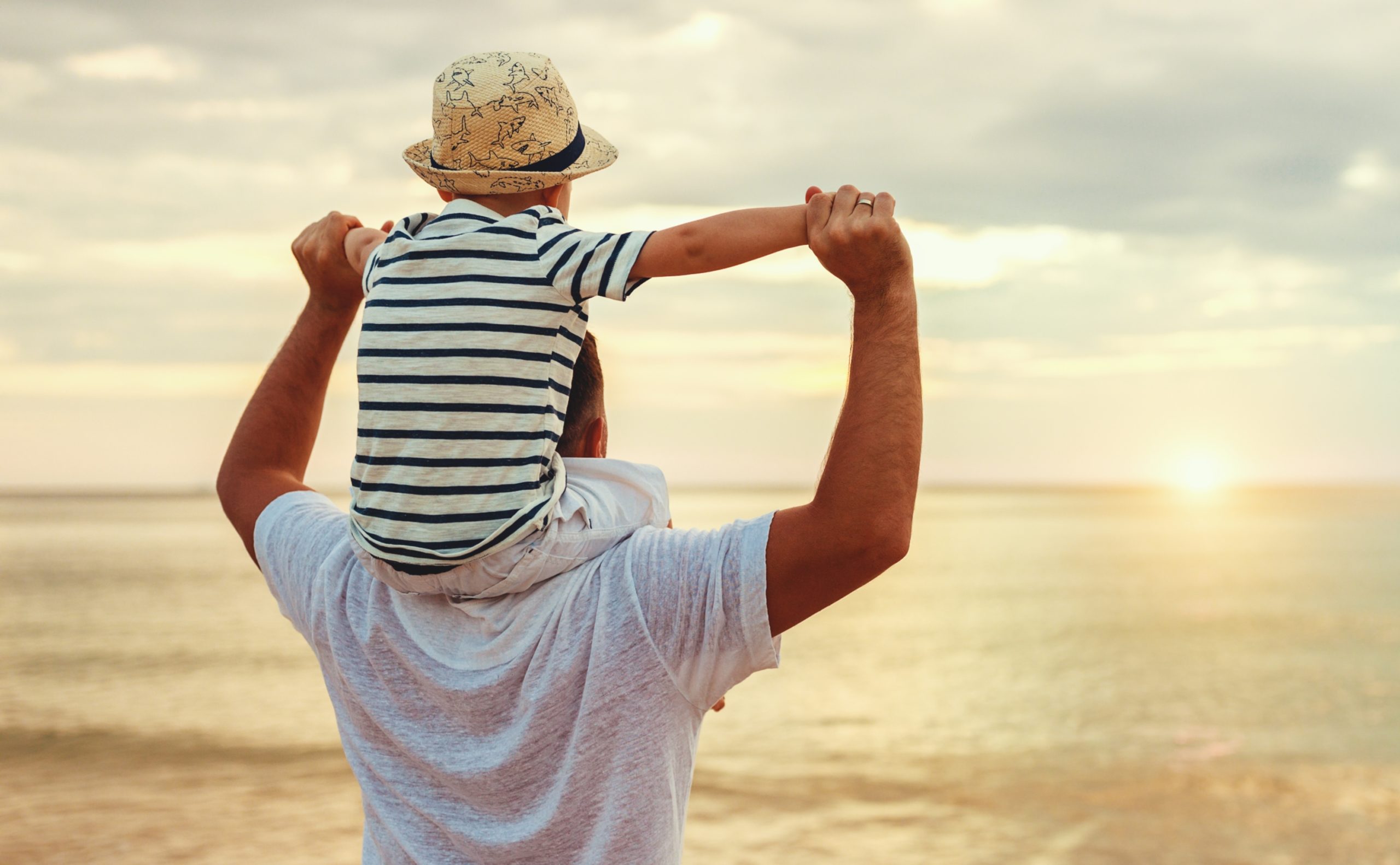In the few moments it took two high school seniors to confess to each other that they had lost their mothers to suicide a few years earlier, their lives changed . . . forever. They wouldn’t fully appreciate their good fortune for some time to come, but the gift they received that day was among the rarest of gifts: true friendship.
Those wounded, drifting teenage boys were us – and that heart-to-heart conversation took place “just” 55 years ago. Nearly everything in our lives has changed since then – except our friendship. We realize now that finding each other probably saved us, and without a doubt, has sustained us ever since.
We stumbled upon each other waiting for the school bus – Rick on the wrong corner, waved over by David. Back then, we both felt lost, abandoned, and trapped in an unrelenting fog. On the day we opened up to one another for the first time, it was as if a dam burst. All the clashing emotions, impossible questions, and self-doubts we’d kept bottled up since our mothers’ suicides surfaced in a rush of bad memories and hopeful revelations.
We needed empathy and honesty from someone we trusted – and we found it in each other. We are the rare exception for the other, someone who also experienced as a young teenager the crushing loss of a mother to suicide. Someone who “gets” what it feels like to be left behind by the person who is supposed to love you the most.
Our friendship provided a permanent outlet for expressing our pain, anxieties, and confusion, and offered us a kind of solace unavailable anywhere else. Together, we recognized we were not alone in bearing such an inconceivable loss. No small revelation at the time.
When we met, David was living with his aunt and uncle. He vividly remembers the tears running down his aunt’s cheeks as she realized the fledgling relationship we were forming. She recognized immediately what we only realized years later.
After school, we would walk from the bus stop to David’s house for milk and Oreos sweetly provided by Aunt Phyllis. Or we’d take a slightly longer route to Rick’s house. Or we’d wander through the park and spend hours on our favorite bench as we said aloud what we had kept locked away inside our heads. That park bench became our psychiatrist’s couch and each of us the other’s therapist.
***
Though we never met Dr. Carl Rogers, a highly respected psychologist during the latter half of the 20th century, he could have had us in mind when he wrote about “empathy” — the ability to sense or imagine other people’s emotions, thoughts, or feelings. Empathy was at the heart of what drew us together as isolated, grieving boys, and has kept us together for over half a century as friends, husbands, fathers, and grandfathers. Rogers wrote:
“When I truly hear a person and the meanings that are important to him at that moment hearing not simply his words, but him, and when I let him know that I have heard his own private personal meanings, many things happen. There is first a grateful look. He feels released. He wants to tell me more about his world. He surges forth in a new sense of freedom. He becomes more open to the process of change.” ~A Way of Being, 1980
From the instant we shared our deep dark “secret,” we felt that “new sense of freedom” Dr. Rogers wrote about and our connection became – and remains – indelible. We wrote our book, Sons of Suicide: A Memoir of Friendship, over seven years while living more than two thousand miles apart. Thank goodness for the internet!
***
Our friendship is firmly rooted in the common tragedy we experienced as boys, but we don’t want to leave the impression that all we talk about are the suicides of our mothers. Indeed, until we began working on our memoir, it was rare that we’d resurrect the awful years after our mothers’ deaths. More likely, we’d talk about our families, mutual friends, baseball, photography, professional pursuits, and volunteer work.
Nor do we want to imply that our friendship has somehow eliminated the hole in our hearts left by our mothers’ deaths or resolved the many unfathomable questions and emotions that surfaced after their suicides. What we learned from our experience is that opening up – talking and listening to each other – helped us push through our grief and come to terms with our jumbled emotions. That, in turn, began our healing.
Our friendship has served each of us faithfully during sorrowful and joyful times alike. We have been there for each other – in person, virtually, or in spirit – through the natural ebbs and flows of a lifetime.
When David’s beloved Uncle Ben – our Uncle Ben – passed away after a lengthy illness, Rick flew from Ohio to Maryland unannounced to deliver milk and Oreos, along with hugs and compassion, to a surprised David and Aunt Phyllis. And when Rick’s Dad died, David was on the other end of the phone to listen as Rick tearfully read a draft of his eulogy, looking for suggestions to improve it and receiving, in addition, an empathetic ear and an unspoken understanding of the mix of deep-rooted feelings he was grappling with.
***
The joy of our friendship also extends to family and friends. We and our wives have vacationed together, traveling to places as different as an Alaskan glacier and a Costa Rican rain forest. One year we rendezvoused in Prague. On several mornings, the two of us woke early and, cameras in hand, wandered onto the famous Karlov Bridge for sunrise and then meandered across the river into residential neighborhoods near the legendary 9th-century Prague castle. Photography is one of several passions we have in common, and these quiet mornings were an opportunity to share time together capturing images of a grand new place.
One afternoon, we toured Prague’s old Jewish Quarter. It was interesting and educational – and sobering. As the two of us stood in the solemn silence of a centuries-old synagogue, our minds imagined the Nazi invasion when hundreds of families were wiped out, entire towns “cleansed” of Jews and others. And we gazed through tears at a display of heartbreaking pencil drawings made by Jewish children days before their deaths. Soon, moved by the surroundings and our memories, we were transported back to times when we were bewildered teenagers seeking consolation in other synagogues. In that special place, we shared with each other:
“For months after my mother died,“ David whispered, “I practically lived in a synagogue. A tiny Orthodox one. Just me and the old men with long gray beards and side curls. My grandfather, who I loved and admired, nudged me to go before school every day to say Kaddish [the prayer for the dead] for my mother’s memory. I was supposed to do it for a year, but I stopped after seven months.”
“You’ve never told me this,” Rick said, incredulous that this hadn’t come up before. “Listening to you reminds me of the months after my mother died. My sister and I would sit in the silence of our temple’s sanctuary before Sunday school, just the two of us, in the dark . . . except for the red glow of the eternal light.”
“You never told me this,” David mimicked, muffling a grin.
Suddenly, unexpectedly, we drew even closer. A reminder, perhaps, that we’ll never know everything about each other. Yet, no matter how long it’s been since we last discussed our mothers’ suicides, we can pick up instantly where we left off, our understanding of each other a perpetual bridge between us.
***
Tragedy drew us together. Friendship has kept us together. Until we found each other at age 17, we carried a terrible burden in silence. Today we’re in our 70s, retired and content, and can’t imagine our lives without the other.
How to explain our relationship – our friendship — in everyday terms?
Recently, a friend may have done it for us. After he heard us share how we met, in a recent TEDx talk we gave, he sent us this insightful note:
“’Hey, buddy, over here … Wrong corner.’
“With those simple words, you two embarked on quite a journey. A journey across many miles and over many decades. Of heartache and joy. Of loss and love.
“And you’ve been in each other’s corner ever since.”
Every survivor of suicide loss needs someone they trust in their corner. It makes the difference . . . who’s in yours?

